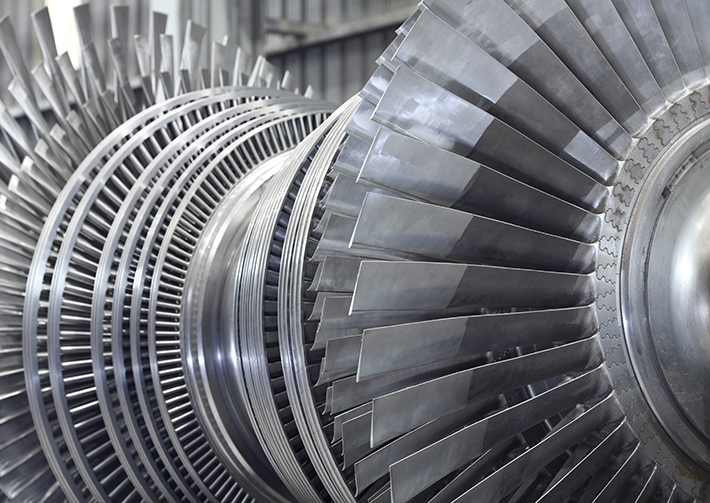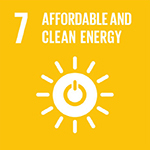
Jun 29, 2023
A new ASTM International standard will help to control microbial contamination that can degrade turbine oils and turbine oil systems. ASTM’s committee on petroleum products, liquid fuels and lubricants (D02) developed the standard, which will soon be published as D8506.
ASTM member Fred Passman notes turbine oils are nominally water-free, and microbes are only metabolically active where traces of water accumulate in recirculating turbine oil systems. Because of this, personnel responsible for power generation facility oil systems are generally unaware of the damage the microbes can cause to both the recirculating oil and the turbine oil system.
“Symptoms ranging from decreased filter life to out-of-specification oil can reflect damage from uncontrolled microbial contamination,” says Passman, president, Biodeterioration Control Associates.
According to Passman, the new standard will be useful to turbine oil suppliers, engineers responsible for power generator oil systems and operator chemists for turbine oil condition monitoring.
“Maintaining and extending turbine oil functional life translates into increased power generation efficiency – in turn, contributing to power generation affordability,” says Passman. “Failed turbine oil must be re-refined or sent to waste treatment. Consequently, by reducing the risk of uncontrolled microbial contamination in turbine oils, D6506 contributes to clean energy by reducing the waste stream.”
ASTM welcomes participation in the development of its standards. JOIN ASTM.
To purchase standards, contact ASTM International customer relations (tel +1.877.909.ASTM; https://www.astm.org/contact/).
U.N. Sustainable Development Goal Supported:

September / October 2023